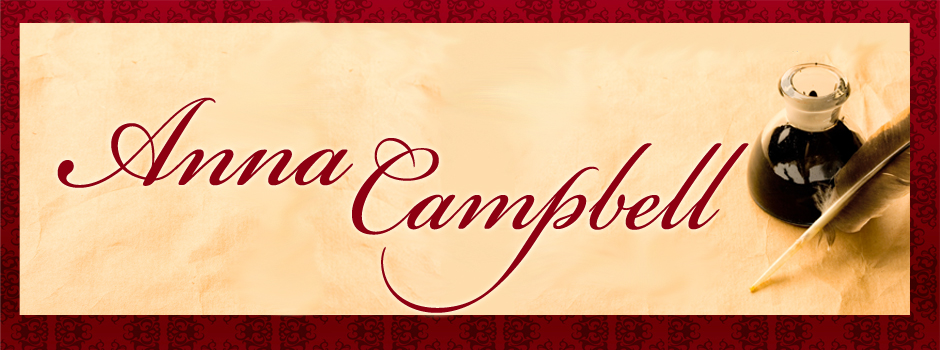Favorite Research Books (part 3)
I thought I’d wind up this brief look at my research resources with some of my favorite reference books. These are the books that sit on top of my bookcase and I use constantly for everything I write.
 My greatest friend is The Shorter Oxford English Dictionary (two volumes). My edition is a much-loved birthday present from my parents when I was studying English literature at Queensland University. The OED is a fantastic resource for a historical romance writer, not only because it has a great range of obscure vocabulary, but also because it details when words came into the language. Occasionally I’ll find myself surprised – ‘prototype’, for example, sounds modern but is actually a product of the scientific revolution of the 17th century.
My greatest friend is The Shorter Oxford English Dictionary (two volumes). My edition is a much-loved birthday present from my parents when I was studying English literature at Queensland University. The OED is a fantastic resource for a historical romance writer, not only because it has a great range of obscure vocabulary, but also because it details when words came into the language. Occasionally I’ll find myself surprised – ‘prototype’, for example, sounds modern but is actually a product of the scientific revolution of the 17th century.
I also have a Roget’s Thesaurus. There have been many variations on Roget’s original over the years but I actually like his way of setting things out. Perhaps because I’m used to it. This is a modern edition, obviously, but it still uses his classification system.
I have a good atlas although I find Google has largely superseded this. The detail you can get on maps over the Internet is fantastic.
 My fourth reference book is a little obscure. It was a school prize so I’ve had it for many years. It’s The Reader’s Encyclopedia by William Rose Benét. It gives précis of books. It provides short biographies of writers and other people of historical significance. It recounts myths and explains philosophical movements and historical events. And more! All in one volume! This book is so interesting, I’ve actually spent hours just READING it. I’ve never seen it anywhere else but I recommend it highly. And of course I’ve just checked on Amazon and find I’m not the only person who thinks this book is the best thing since sliced bread. There’s even a new edition!
My fourth reference book is a little obscure. It was a school prize so I’ve had it for many years. It’s The Reader’s Encyclopedia by William Rose Benét. It gives précis of books. It provides short biographies of writers and other people of historical significance. It recounts myths and explains philosophical movements and historical events. And more! All in one volume! This book is so interesting, I’ve actually spent hours just READING it. I’ve never seen it anywhere else but I recommend it highly. And of course I’ve just checked on Amazon and find I’m not the only person who thinks this book is the best thing since sliced bread. There’s even a new edition!
 My last reference book is What Jane Austen Ate and Charles Dickens Knew: From Fox Hunting to Whist – The Facts of Daily life in 19th Century England by Daniel Pool. It’s basic and you have to check on some of the facts because it’s not clear whether they refer to Regency or Victorian England. But it’s a wonderful introduction to those fiddly issues like titles and forms of address, the season, the ton, parliament and servants. Essential equipment for the keen Regency writer!
My last reference book is What Jane Austen Ate and Charles Dickens Knew: From Fox Hunting to Whist – The Facts of Daily life in 19th Century England by Daniel Pool. It’s basic and you have to check on some of the facts because it’s not clear whether they refer to Regency or Victorian England. But it’s a wonderful introduction to those fiddly issues like titles and forms of address, the season, the ton, parliament and servants. Essential equipment for the keen Regency writer!
